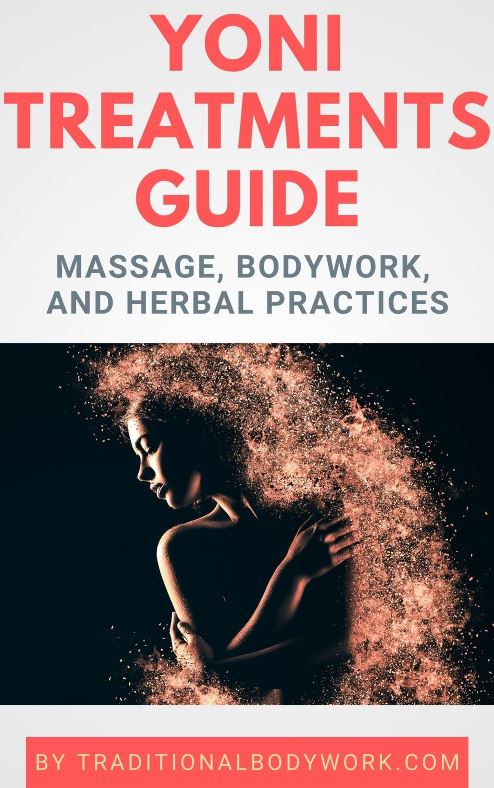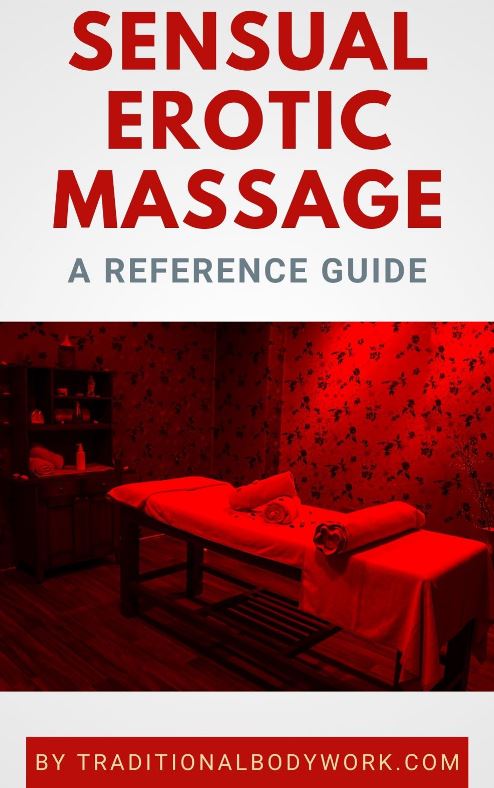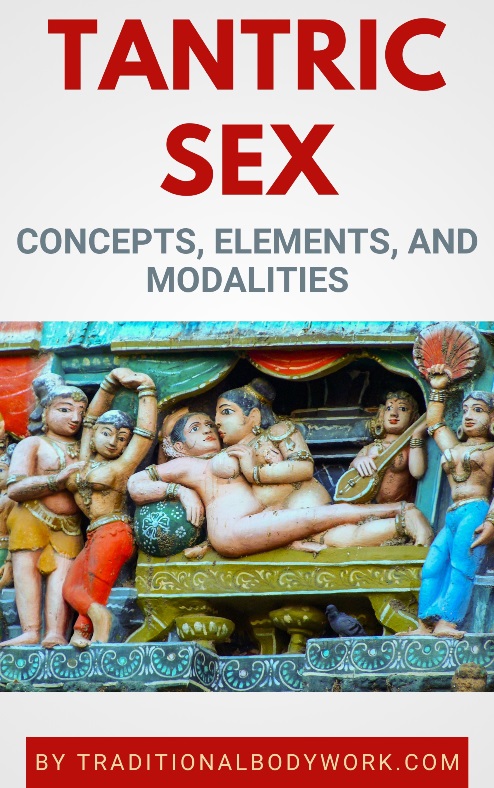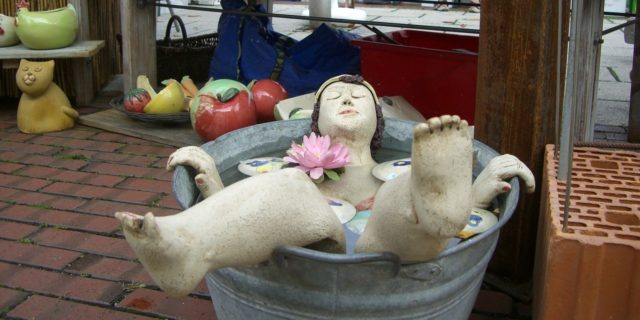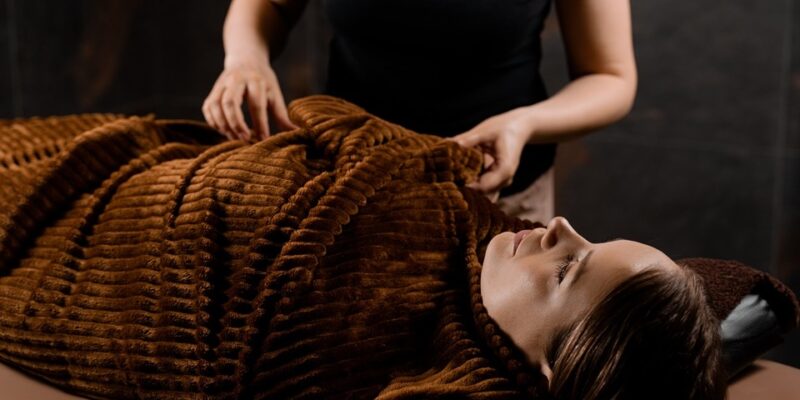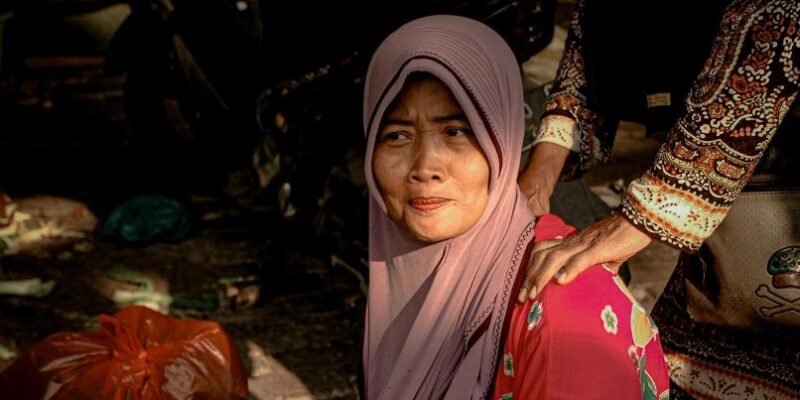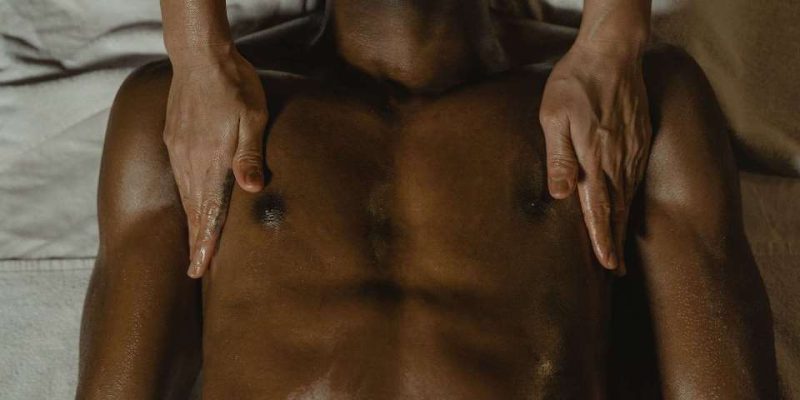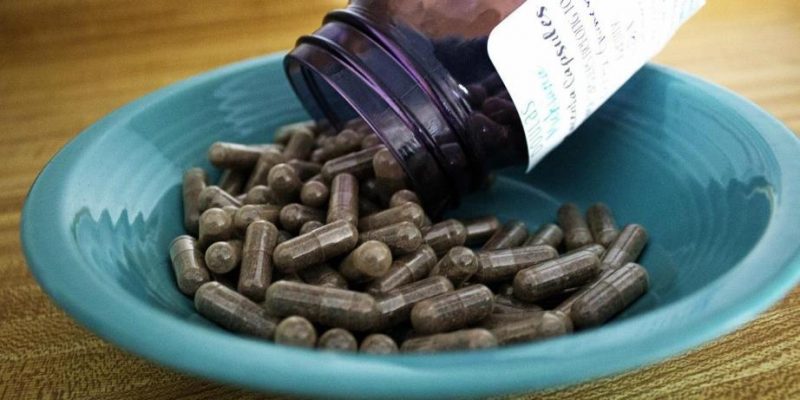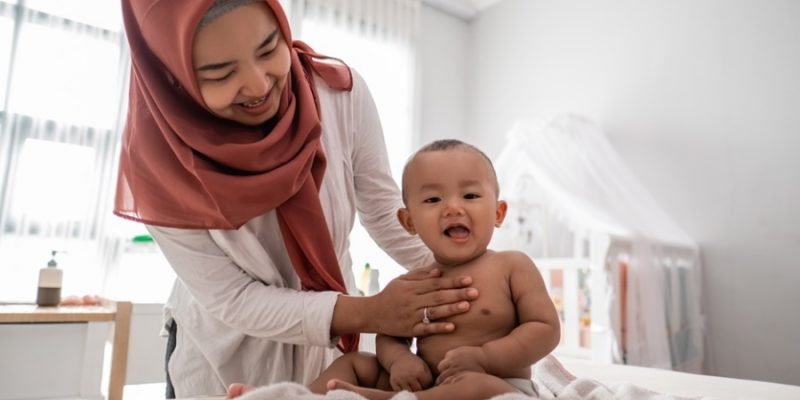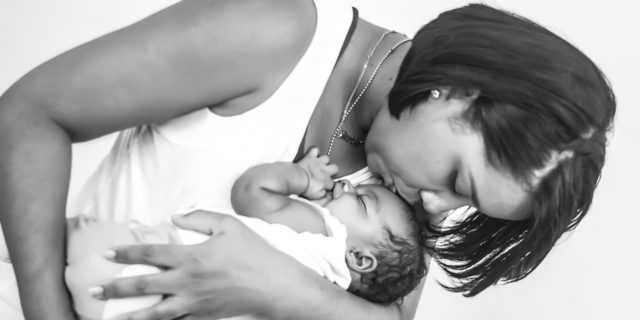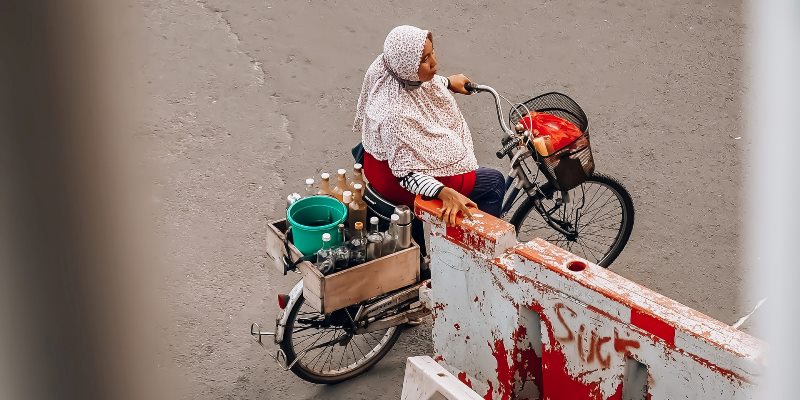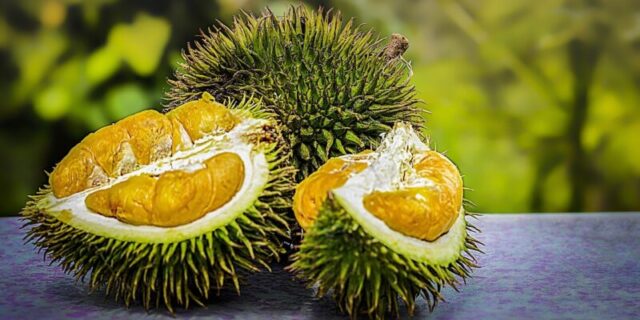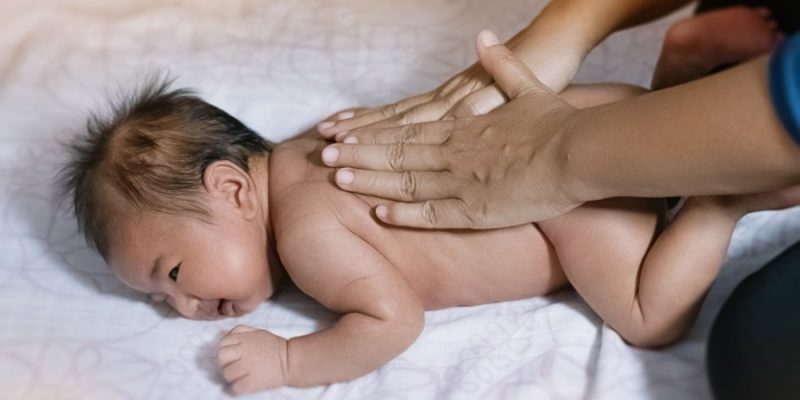
In Malaysia, postpartum mothers traditionally enter the masa dalam pantang (usually simply called the Pantang), which is the confinement period of roughly 40 to 44 days (6 weeks) to be observed after childbirth. It’s a period that is characterized by many rules, restrictions, and taboos.
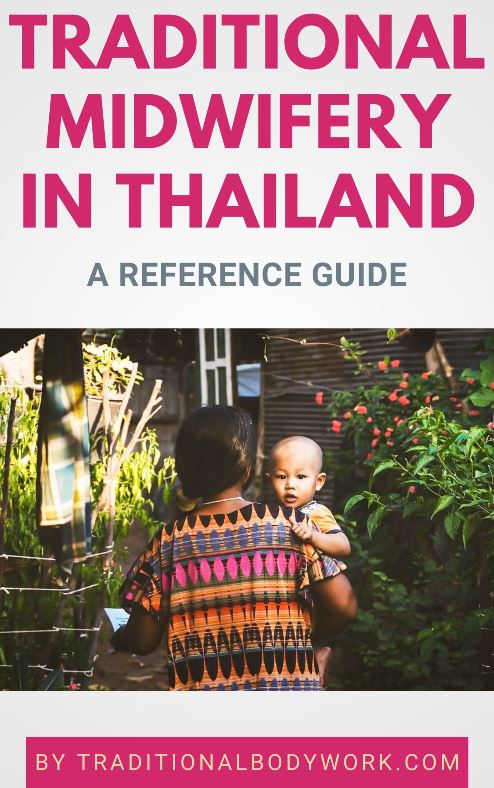
Notably for urban Malay women it has become increasingly difficult to keep following this tradition because of modern social circumstances and the professional demands of our times. Nonetheless, most women still try to observe the practices that come with the Pantang.
In fact, in Malaysia today, there are women who follow only the traditional way, others only the modern way, and again others, which is the majority of women, follow postnatal practices of both the traditional and modern way.
As in other Southeast Asian countries, such as Singapore, Thailand and Indonesia, proper care for the new mother in the postpartum time is considered crucial to regain pre-pregnancy health and energy levels and moreover, to avoid postpartum depression (called meroyan in Malaysia) and health issues later in life.
Another similarity with common Southeast Asian postpartum practices is the concept and practice of regaining heat. As giving birth is considered an excessive “cold and wet activity” the body needs to be re-balanced by bringing the four classic elements soil/earth (dry), fire (hot), air (cold) and water (wet) back in equilibrium. It’s believed that “balance of the elements” is needed for a person to enjoy good health.

Important goals of “hot practices” are to flush out retained blood and placenta clots, prevent new blood clots, remove excess fluids, expel toxins, dispel gas and winds, increase involution of the uterus, flatten the stomach, loosen up tendons and muscles, prevent stretch marks, and heal perineal tears.
One of the specific Malay beliefs that feeds these practices is that the uterus is thought to be the source of a woman’s life force affecting her overall health. In this particular sense, accurate aftercare for the womb is key.
Traditionally, Malay mothers in confinement are helped by a so-called bidan (a traditional Malay midwife), a specialized afterbirth caretaker, or by her mother or mother-in-law. This help is very much needed to observe all the requirements of the Pantang and get through the 44-day period.
In the Pantang time a variety of things should be observed, such as:
- Having Postpartum Massage, in any case for 3 consecutive days immediately after delivery, but longer is preferred;
- Learning Breast Massage to increase milk production;
- Avoiding excessive physical activity;
- Not having sexual intercourse;
- Staying at home as much as possible;
- Bengkung abdominal binding;
- Keeping warm e.g. wearing warm clothes, wrapping oneself in blankets;
- Avoiding cold and oily foods;
- Lying by or near a fire (like practiced in Thailand);
- Applying hot herbal compresses or hot stones (bertungku);
- Applying hot compresses with several types of other heated objects;
- Applying hot salt treatments;
- Taking warm herbal baths;
- Having Rendam-Rendam Sitzbaths;
- Consuming so-called Jamus, which are nutritional, herbal, and dietary supplements taken during the whole confinement period.
An interesting note to make here is that the Malay Ministry of Health actively promotes traditional health care by integrating traditional medicine and modern medicine, such as Malay traditional and modern midwifery.
Traditional postpartum services are offered by various hospitals, which is also seen as a means to help health professionals to utilize and build on traditional beliefs to promote health, as well as to provide information about or discourage potentially harmful postnatal practices.



